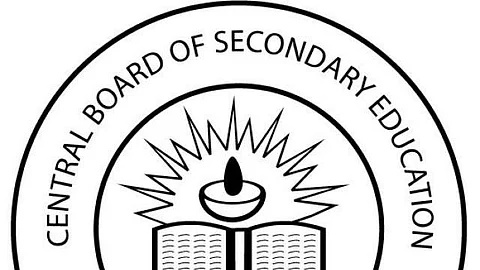

The Central Board of Secondary Education (CBSE) Class X Social Science Board exam, held today on February 25, was largely aligned with the National Council of Educational Research and Training (NCERT) syllabus and balanced in structure, as per an analysis by educators. While subjective sections were largely direct, multiple-choice questions (MCQs) demanded precise conceptual clarity, making them trickier to navigate.
According to India Today, the paper was not overly difficult but tested students across different proficiency levels. Educators observed that history and political science questions were mostly straightforward, while economics and geography MCQs required a mix of recall and critical thinking.
Vidhi Sharma, an educator at Shiv Nadar School, Gurugram, noted that well-prepared students would have found history and political science sections manageable. However, she pointed out, “Geography and economics MCQs required a mix of recall and critical thinking, challenging students to apply their understanding.”
Contrastingly, Pratibha Shinghal from JAIN International Residential School, Bengaluru, believed that the MCQs were fairly simple. “The multiple-choice questions were straightforward and easy to answer,” she said, adding that the paper did not feature high-order thinking or competency-based questions.
As reported by India Today, the question paper included a case-based section and map work, both of which were aligned with CBSE’s sample papers. Manisha Pundir, Social Science coordinator at VidyaGyan School, Sitapur, remarked that subjective questions were largely direct, while a few MCQs were framed in a way that required precise interpretation.
Among students, responses were mixed. While some found the subjective questions familiar, others felt that the close framing of MCQ answer choices made them trickier. “A couple of MCQs were tricky since the options were very close, but overall, the paper was simple,” said Smita Patel, a student from VidyaGyan Sitapur.
Overall, the paper was well-structured and fair, rewarding those who had thoroughly studied the NCERT syllabus and practised CBSE sample papers.
